作為納米技術研究的新領域,二維(2D)鐵磁(FM)材料在自旋電子學、傳感器、存儲技術等工程領域有巨大的應用潛力。目前已經有大量的二維鐵磁材料被計算預測,包括一些通用的二維材料數據庫,包含數百到數千個條目。然而,這些數據庫都沒有包含與實際應用相關的2D鐵磁材料的最關鍵參數:轉變溫度或居里點(TC )。這是因為TCIS的計算確定是一個非常復雜的過程,它涉及到基于人工啟發的基態和低能自旋組態搜索。
來自印度科學院(IISc)電子系統工程系納米器件研究實驗室Arnab Kabiraj團隊開發了一個程序,該程序執行基于第一原理的計算,然后進行基于海森堡模型的蒙特卡羅模擬,以從任何磁性二維材料晶體結構準確預測居里點。基于此代碼的程序能夠以高通量的方式執行計算,使用此代碼能夠從合適的數據庫確定材料的居里點。令人驚訝的是,786種材料中有47%被歸為FM,成功地測定了157種材料的TC 等磁性能。對于一些材料,預測結果與實驗測量的TC 非常接近,驗證了高通量方法的準確性。為了更快地發現高TC材料,進一步開發了使用這157個數據點的機器學習(ML)流水線。使用這個ML模型,可以從文獻和其他數據庫中識別出一些高居里溫度的2DFM材料。本方法采用的信息學在準確性和效率之間達到了最佳平衡,提供了前所未有的機會來比較大量具有不同結構的材料的磁性,這可能會導致對二維磁性的許多新的見解。本研究證明了機器學習模型可以非常精確地捕捉與溫度有關的自旋翻轉的復雜過程。因此,可以大大提升計算材料的效率,并以促進二維磁性的快速篩選和實際應用。
該文近期發表于npj Computational Materials 6: 35 (2020),英文標題與摘要如下,點擊左下角“閱讀原文”可以自由獲取論文PDF。
High-throughput discovery of high Curie point two-dimensional ferromagnetic materials
Arnab Kabiraj, Mayank Kumar and Santanu Mahapatra
Databases for two-dimensional materials host numerous ferromagnetic materials without the vital information of Curie temperature since its calculation involves a manually intensive complex process. In this work, we develop a fully automated, hardwareaccelerated, dynamic-translation based computer code, which performsfirst principles-based computations followed by Heisenberg model-based Monte Carlo simulations to estimate the Curie temperature from the crystal structure. We employ this code to conduct a high-throughput scan of 786 materials from a database to discover 26 materials with a Curie point beyond 400 K. For rapid data mining, we further use these results to develop an end-to-end machine learning model with generalized chemical features through an exhaustive search of the model space as well as the hyperparameters. We discover a few more high Curie point materials from different sources using this data-driven model. Such material informatics, which agrees well with recent experiments, is expected to foster practical applications of two-dimensional magnetism.
責任編輯:pj
-
納米技術
+關注
關注
2文章
201瀏覽量
25883 -
電子系統
+關注
關注
0文章
437瀏覽量
31212
發布評論請先 登錄
相關推薦
電子顯微鏡下的納米世界
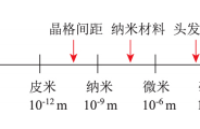
基于振弦采集儀的工程安全監測技術研究與應用

Aigtek誠邀您蒞臨2024中國微米納米技術學會微納器件與系統創新論壇

奧蓋尼克蘇州納米技術應用產業園區盛大開業,產業注入新活力
凌科喜獲“廣東省工程技術研究中心”認定

智芯公司所屬深圳智芯獲評廣東省工程技術研究中心
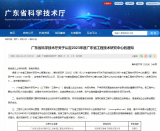
喜報 | 英碼科技順利通過2023年度廣東省工程技術研究中心認定
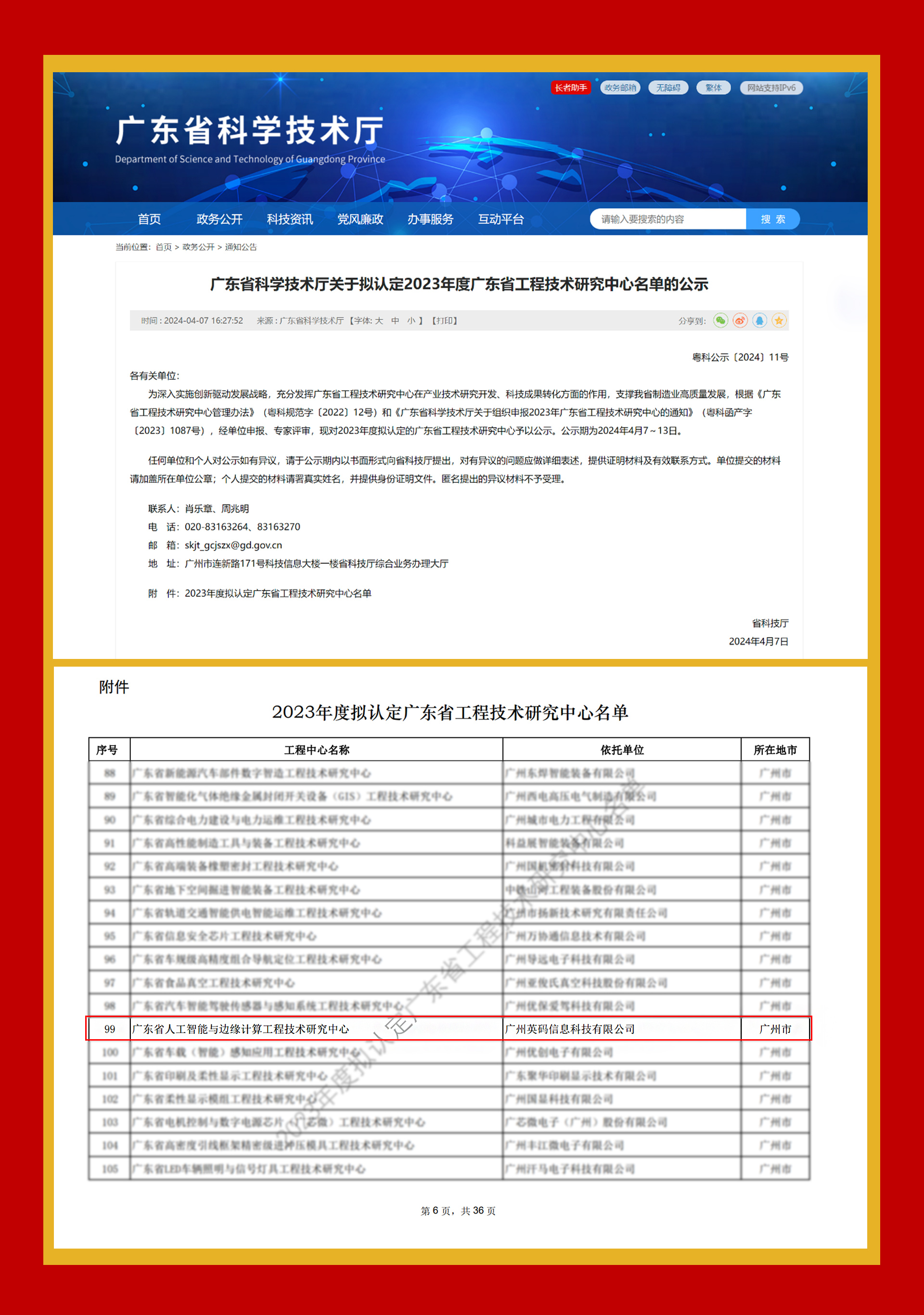
喜訊!諾安智能獲“廣東省工程技術研究中心”認定





 納米技術研究的新領域
納米技術研究的新領域

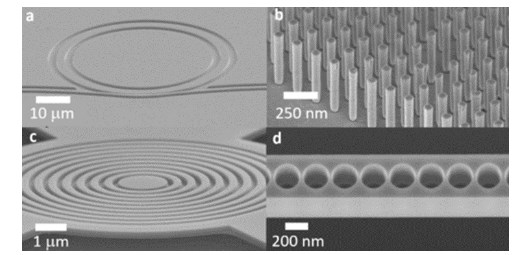

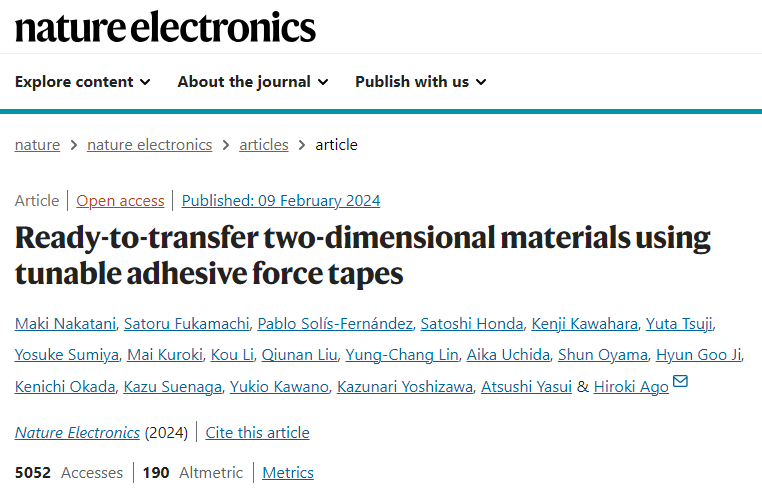










評論